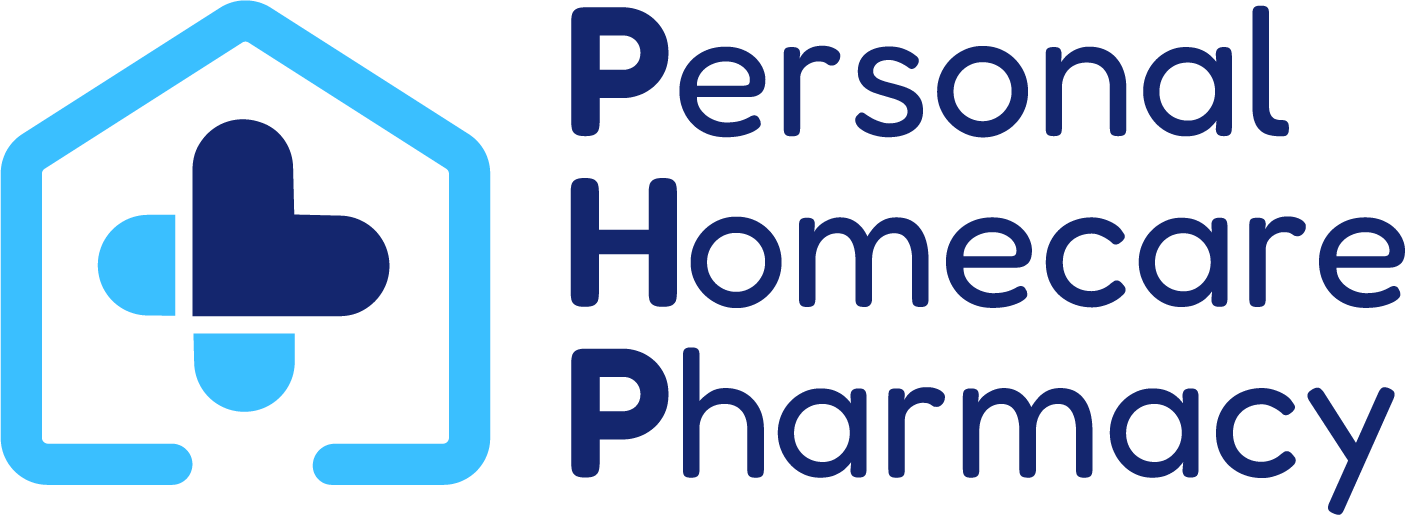Throughout March we’ll be championing Brain Tumour Awareness Month in the UK – a hugely important cause that deserves attention.
According to Brain Tumour Support, 45 people are diagnosed with one of these kinds of cancers every single day – there’s sadly no getting away from this stark fact. We also know that this form of cancer affects those under the age of 40 – more than any other.
So what can we do to help and highlight, to make a real difference?


A spotlight on BTAM
Brain Tumour Awareness Month is dedicated to ensuring that the voices of the brain tumour community are heard. It’s a time to amplify the condition – support sufferers, their families and carers, and empower anyone who thinks that they might have symptoms to seek a clinical diagnosis. Let’s look at why this is so important…
Brain tumours are by their very nature, complex conditions and this makes them feel scary. However, we need to forge honest and open dialogue to demystify and encourage people to talk about any symptoms they might have – not just during Brain Cancer Awareness Month, but throughout the year.
The facts and statistics surrounding brain tumours make for particularly difficult reading.
- Over 100,000 people in the UK are currently living with a brain tumour.
- A tricky condition to diagnose, as there are over 120 different forms of this cancer.
- No real known causes, and they affect anyone regardless of age, sex, lifestyle or general health.
- More likely to shorten the lives of children and adults under the age of 40 – than other types of cancer.
- Incidences of, and deaths from, brain tumours are increasing.
- This is why we need to raise awareness and ensure that people come forward for screening and tests in the event they have any of the main symptoms. We’ll discuss these a little further on…


When is Brain Tumour Awareness Month 2024?
It takes place from 1st - 31st March. And there are so many great ways in which people can participate. Whether it’s a monetary donation, finding new and innovative ways of fundraising or simply telling your story, via social media – spreading the message far and wide. Let’s join forces and use our voices to create momentum, using the hashtags #braintumourawarenessmonth #BTAW and #PHPsupportsBTAW #braintumourawarenessmonthuk


Recognising the signs and symptoms
As with any form of cancer, early diagnosis is crucial. It’s essential to be Brain Tumour Aware and here are some significant signs and symptoms to be mindful of.
- Drowsiness
- Headache
- Localised muscle twitching
- Loss of hearing and vision
- Seizures
- Vomiting
If you experience any or all of these – especially if they’re sudden onset – then seek immediate medical assistance.


Moving beyond awareness: a future of hope and progress
There is cause to be optimistic as recent advancements in brain tumour research have significantly improved diagnostics, and how they’re treated. Of particular note are clinical trials called PARADIGM and PARADIGM-2, being conducted by Professor Anthony Chalmers, from the University of Glasgow, who specialises in brain tumour treatment.
He has been researching how different combinations of other cancer drugs can be used to help treat these kinds of tumours.
This trial tests combinations of drugs commonly known as PARP Inhibitors: olaparib, temozolomide and other more well-known treatments such as radiotherapy for people with newly diagnosed glioblastomas.
So far, Professor Chalmers says the results are encouraging – though there is still a lot of work to be done.
What about us? Well, here at PHP we’re extremely proud of the part we play in helping people manage their health during a challenging time, such as this. Our personalised home care services put patients at the very heart of their treatment plan – allowing them to focus on their recovery – along with the reassurance of knowing we have them covered.









